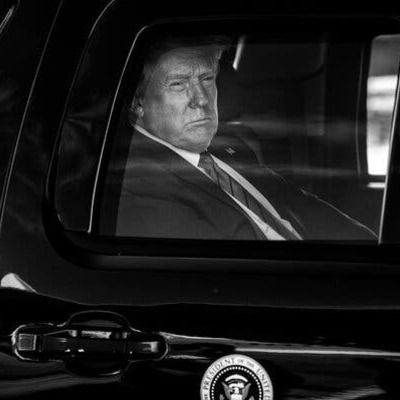
The President's Taxes
“Donald J. Trump paid $750 in federal income taxes the year he won the presidency. In his first year in the White House, he paid another $750.”

“Donald J. Trump paid $750 in federal income taxes the year he won the presidency. In his first year in the White House, he paid another $750.”
Russ Buettner, Susanne Craig, Mike McIntire New York Times Sep 2020 40min Permalink

How eBay’s Global Security and Resiliency team ran a rogue campaign to terrorize a blogger couple with insects, pornography and pizza.
David Streitfeld New York Times Sep 2020 Permalink
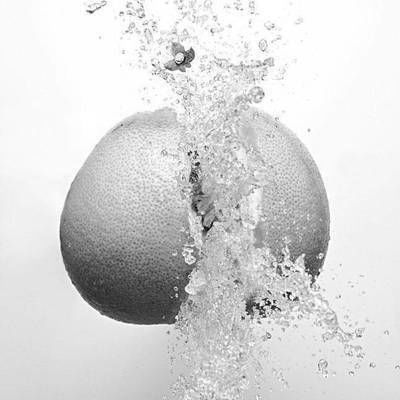
Where does Strawberry-Kiwi Snapple come from? Givaudan is part of a tiny, secretive industry that produces new flavors.
Raffi Khatchadourian New Yorker Nov 2009 40min Permalink
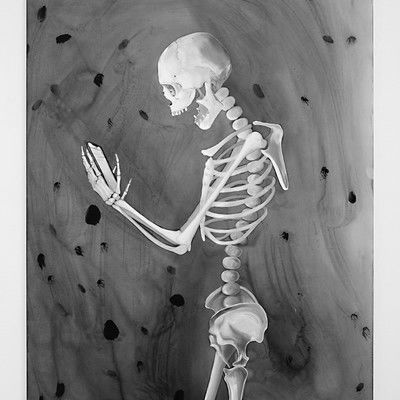
A psychoanalytic reading of social media and the death drive.
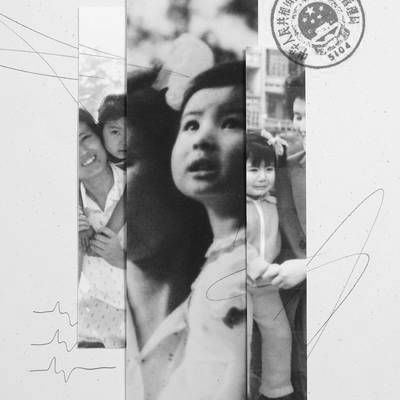
Immigrant struggles in America forged a bond that became even tighter after my mother’s A.L.S. diagnosis. Then, as COVID-19 threatened, Chinese nationalists began calling us traitors to our country.
Jiayang Fan New Yorker Sep 2020 35min Permalink

Three teenage boys decide to set sail after a night of drinking. They go missing for 51 days.
Michael Finkel GQ May 2011 35min Permalink

A theatre company has spent years bringing catharsis to the traumatized. In the coronavirus era, that’s all of us.
Elif Batuman New Yorker Aug 2020 30min Permalink
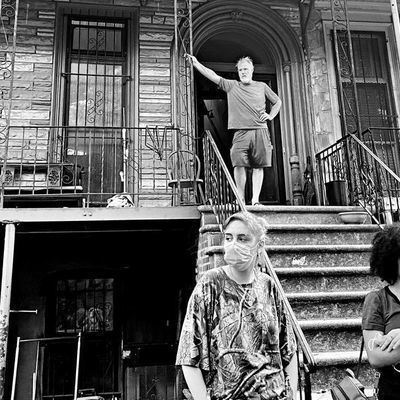
How did a couple who built an empire of yoga studios and homes with “living walls” end up as pandemic villains?
Bridget Read The Cut Aug 2020 25min Permalink

Interviews, documents and jailhouse recordings reveal a clearer picture of the life and death of the 26-year-old emergency room technician.
Rukmini Callimachi New York Times Aug 2020 25min Permalink

The author, on book tour when the pandemic set in, reflects on what could have been worse—and what could be better.
Kiese Makeba Laymon Vanity Fair Aug 2020 20min Permalink
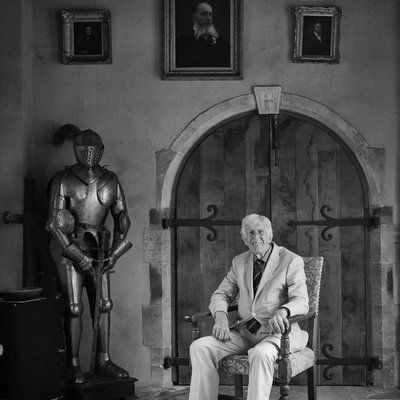
The Mews, a father-son team of orthodontists, have an unusual theory about the source of crooked teeth — one that has earned them a following in some of the darker corners of the internet.

Each year, California’s child protective services agencies remove thousands of kids from their homes. The story of how some parents decided to fight back.
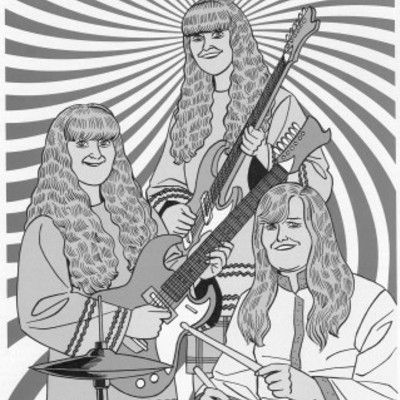
From 1968-1973, the three teenage Wiggin sisters, guided by a domineering father, played their strange music at New Hampshire ballrooms and recorded a single album. The Philosophy of the World LP goes for over $500 today, but the intervening decades have not been kind to the Wiggins.
Susan Orlean New Yorker Sep 1999 20min Permalink

The case for paying college athletes.
Taylor Branch The Atlantic Oct 2011 1h Permalink

Best Article Reprints Religion Travel
“A legend is growing in Nepal, where people say a meditating boy hasn’t eaten or drunk in seven months. He barely moves, just sits under a tree, still as a stone. It’s impossible, some say. Is it a miracle? A hoax? Let’s find out.”
George Saunders GQ Jun 2006 40min Permalink

How the fashion industry collapsed.
Irina Aleksander New York Times Magazine Aug 2020 30min Permalink
How the FBI manufactures phony crimes to arrest so-called terrorists.
Petra Bartosiewicz Harper's Aug 2011 30min Permalink

A profile of the author at 84.
Rachel Kaadzi Ghansah New York Times Magazine Apr 2015 30min Permalink

“If you could put your own crew together and rob the biggest drug dealer you know, who would that drug dealer be?”
Baynard Woods, Brandon Soderberg Crimereads Jul 2020 25min Permalink

For the first time, data scientists have modeled how climate refugees might move across international borders. This is what they found.
Abrahm Lustgarten ProPublica Jul 2020 40min Permalink

Sounding a warning on pesticides.
Rachel Carson New Yorker Jun 1962 1h10min Permalink

The lives of elevators.
Nick Paumgarten New Yorker Apr 2008 30min Permalink

When a car careened onto a baseball field in Sanford, Maine, during a Babe Ruth game in 2018, it set in motion a true-crime mystery 50 years in the making.

Reckoning with the American flag.
Kiese Laymon The Fader Sep 2016 15min Permalink
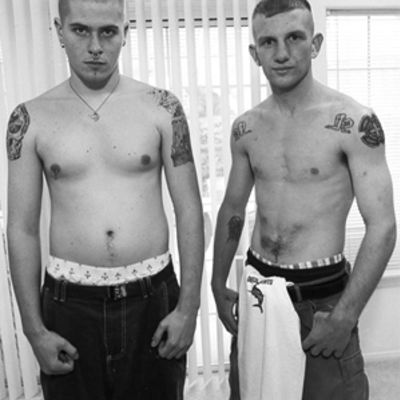
In a Los Angeles suburb where schools and parents faltered, the American Dream was replaced by drugs, neo-Nazism, and despair.
William Finnegan New Yorker Nov 1997 Permalink